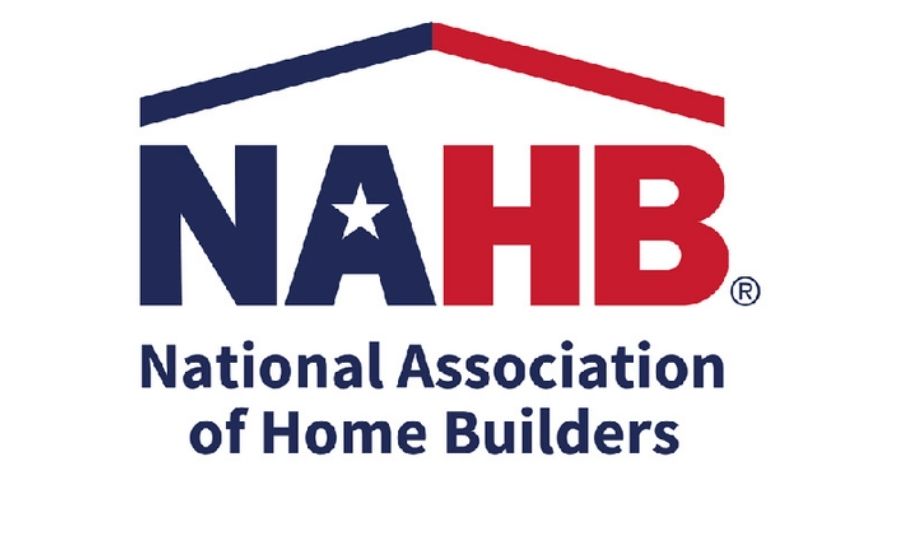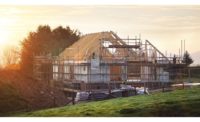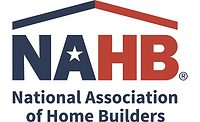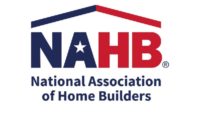Rising material prices and supply chain shortages resulted in builder confidence dipping to its lowest level since August 2020. The latest National Association of Home Builders (NAHB)/Wells Fargo Housing Market Index (HMI) shows that builder confidence in the market for newly built single-family homes fell two points to 81 in June. Despite the monthly decline, the reading above 80 is still a signal of strong demand in a housing market lacking inventory.
"Higher costs and declining availability for softwood lumber and other building materials pushed down builder sentiment in June," said NAHB chairman Chuck Fowke. "These higher costs have moved some new homes beyond the budget of prospective buyers, which has slowed the strong pace of home building. Policymakers need to focus on supply-chain issues in order to allow the economic recovery to continue."
"While builders have adopted a variety of business strategies including price escalation clauses to deal with scarce building materials, labor and lots, unavoidable increases for new home prices are pushing some buyers to the sidelines," said NAHB chief economist Robert Dietz. "Moreover, these supply-constraints are resulting in insufficient appraisals and making it more difficult for builders to access construction loans."
Derived from a monthly survey that NAHB has been conducting for 35 years, the NAHB/Wells Fargo HMI gauges builder perceptions of current single-family home sales and sales expectations for the next six months as "good," "fair" or "poor." The survey also asks builders to rate traffic of prospective buyers as "high to very high," "average" or "low to very low." Scores for each component are then used to calculate a seasonally adjusted index where any number over 50 indicates that more builders view conditions as good than poor.
All three of the major HMI indices posted declines in June. The HMI index gauging current sales conditions fell two points to 86, the gauge charting sales expectations in the next six months posted a two-point decline to 79 and the component measuring traffic of prospective buyers dropped two points to 71.
Looking at the three-month moving averages for regional HMI scores, the South rose one point to 85, the West fell one point to 89, the Midwest dropped three points to 72 and the Northeast posted a five-point decline to 78.
HMI tables can be found at nahb.org/hmi. More information on housing statistics is also available at Housing Economics PLUS: https://www.nahb.org/News-and-Economics/Housing-Economics-PLUS (formerly housingeconomics.com).







